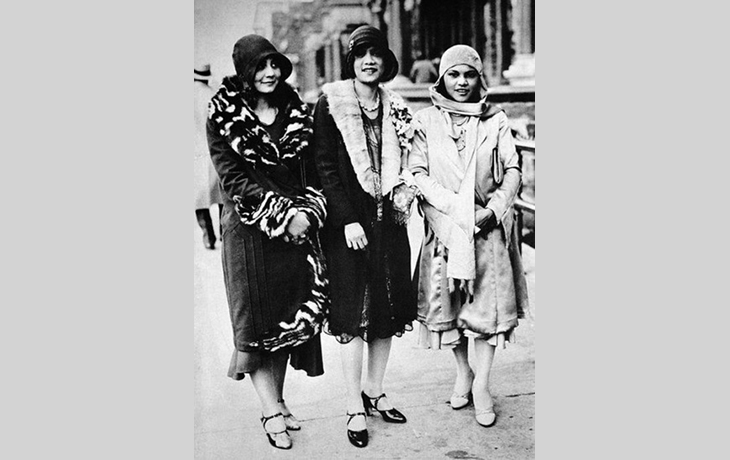Three African-American women in Harlem during the Harlem Renaissance in 1925
NOVEMBER 13

1839—The Liberty Party—the nation’s first anti-slavery political party—is formed in Warsaw, N.Y. Among the founders were legendary abolitionists Samuel Ringgold Ward and Henry Highland Garnet. At this point in history the two major political parties—the Whigs and the Democrats—were both pro-slavery.
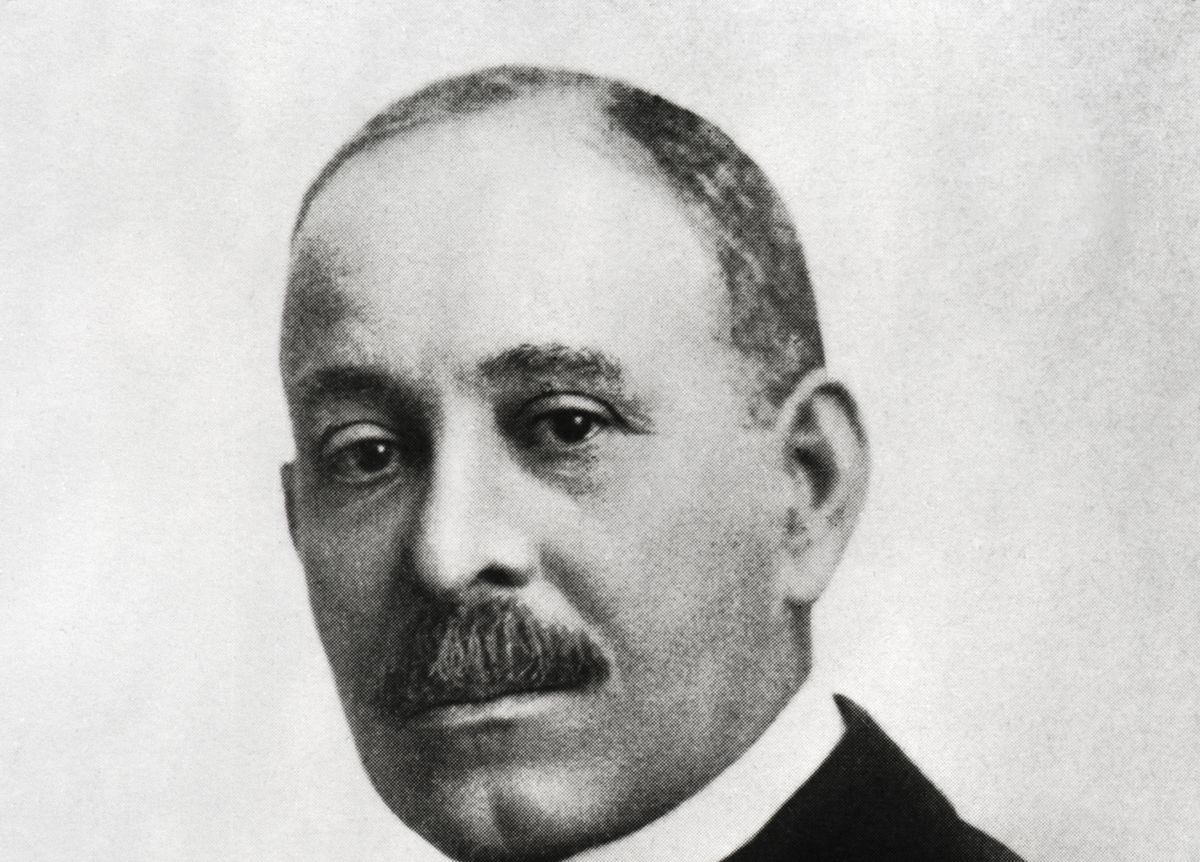
1913—Pioneering Black surgeon Daniel Hale Williams becomes a member of the American College of Surgeons. Williams is generally credited with being the first American doctor to perform open heart surgery. The history-making event took place in Chicago on July 9, 1893.

1922—Many Black historians have selected this as the date which marks the beginning of the Harlem Renaissance—perhaps the greatest period of artistic achievement by African-Americans in U.S. history. From poetry to plays and from paintings to sculptures, Black art reached a pinnacle. In a broader sense, the Harlem Renaissance ran from the early 1920s to the mid 1930s.
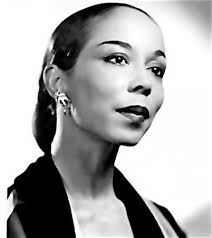
1951—Ballerina Janet Collins becomes the first Black woman to dance with the Metropolitan Opera Co. in New York City. Prior to that achievement she performed with the world-renowned Black dance troupe directed by the legendary Katherine Dunham.
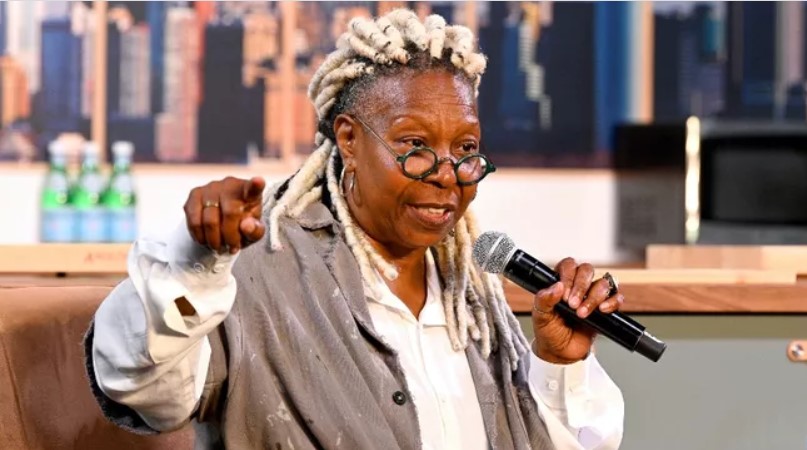
1955—Whoopi Goldberg, given name Caryn Johnson, is born in New York City. She graduates from a stand-up comedy routine to become a major Hollywood actress and is currently one of the principal hosts of the television talk show “The View.”
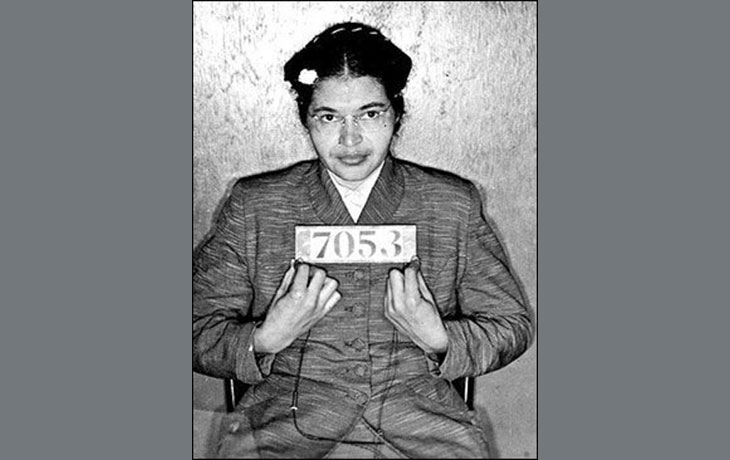
1956—The United States Supreme Court upholds a lower court ruling which banned segregation on public buses in Montgomery, Ala. The decision was forced in major measure by a year-long Black bus boycott sparked by the refusal of Rosa Parks to give up her seat to a White man. Leadership of the boycott also launched the civil rights career of Martin Luther King Jr. and his status as the national Black leader.
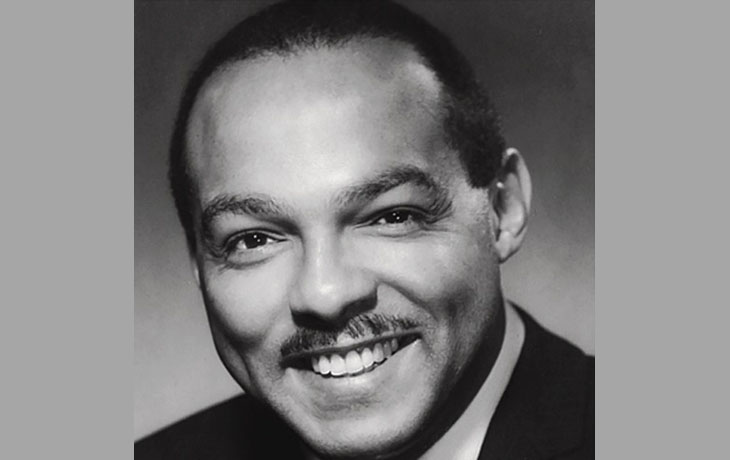
1967—Carl Stokes wins the race for mayor in Cleveland, Ohio. In doing so, he becomes the first Black mayor of a major American city.

1985—New York Met Dwight Gooden becomes the youngest pitcher ever to win the Cy Young award.
-
NOVEMBER 14
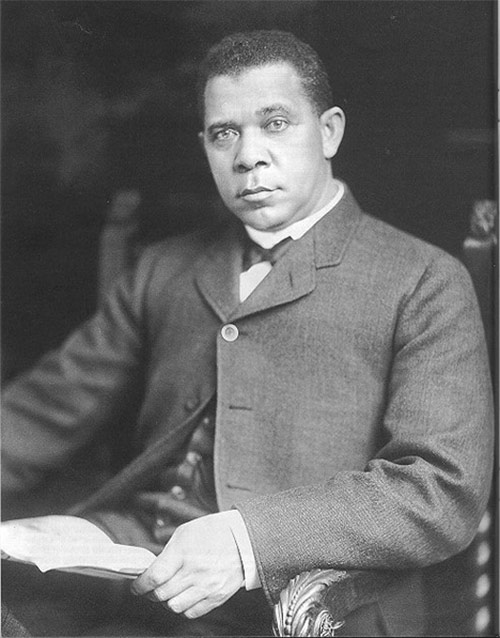
1915—Booker T. Washington dies in Tuskegee, Ala. Washington was easily one of the top five most influential Black leaders in African-American history. Some considered him too accommodating to Whites, but his influence was still significant. Among the educator’s lasting accomplishments was the founding of Tuskegee Institute. He was only 59 when he died.
-
NOVEMBER 16
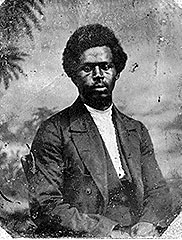
1780—Paul Cuffee organizes a demonstration by free Blacks protesting the fact that they were being taxed but were not allowed to vote. Cuffee was a prominent whaling captain and businessman who organized the first integrated school in Massachusetts. In his later years he became frustrated with American racism and advocated the establishment of a free Black colony in the West African nation of Sierra Leone which was then controlled by the British.
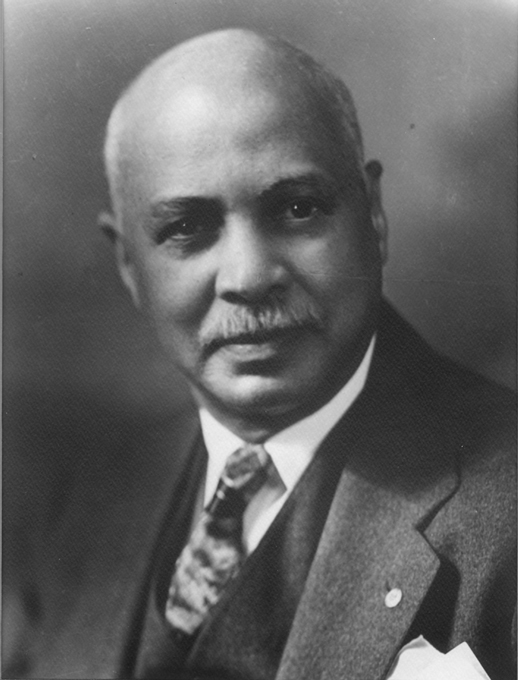
1873—W.C. Handy is born in Florence, Ala. The prolific composer and publisher would become known as “The Father of The Blues.” Handy helped move the blues from just a musical genre among low income Blacks to national status. His works became so popular that his 84th birthday was celebrated at the Waldorf Astoria in New York City and drew a crowd of more than 800 blues enthusiasts. Handy’s full name was William Christopher Handy.

1963—Zina Garrison is born in Houston, Texas. She would go on to win 37 professional tennis titles, an Olympic gold medal and finish runner-up at Wimbledon in 1990.

1967—Lisa Bonet is born to a Jewish mother and a Black father in San Francisco, Calif. She becomes a major actress but is perhaps best known for her role in the 1980s television series “The Cosby Show.” Her given name was Liliquois Moon.

2001—Agbani Darego is crowned Miss World becoming the first Black African to win the coveted beauty pageant. She was from the oil-rich West African nation of Nigeria.
-
NOVEMBER 17

1842—Fugitive slave George Latimer is arrested in Boston, setting in motion a legal battle between North and South over the degree to which free states were required to aid slave states in capturing escaped slaves. The Latimer incident was resolved when at least 100 Black men surrounded the jail where Latimer was being held. Fearing for his safety if he tried to take Latimer back South, the slave owner decided to “sell” Latimer and left with a small amount of money and no slave.
1911—The Omega Psi Phi fraternity is founded on the campus of Howard University in Washington, D.C. It goes on to become one of the largest and most influential Black Greek-letter organizations.
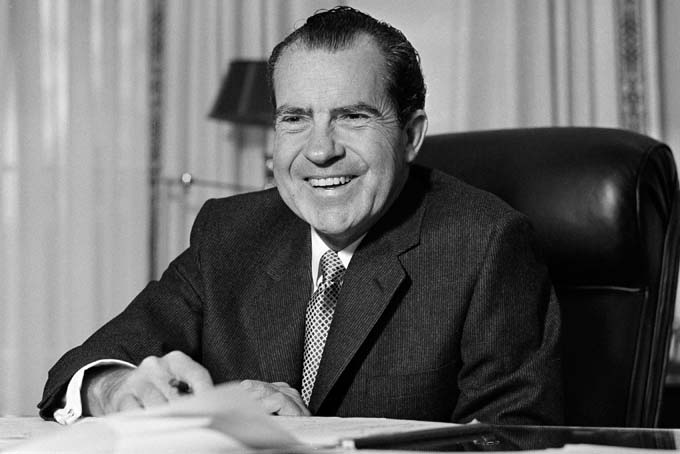
1972—Despite massive Black voter support for the Democrat George McGovern, Republican Richard M. Nixon is elected president carrying all states except Massachusetts and the District of Columbia. The Black view of Nixon would later be vindicated when he is forced from office because of the Watergate scandal. Nixon was referred to as “tricky dick.”
NOVEMBER 18
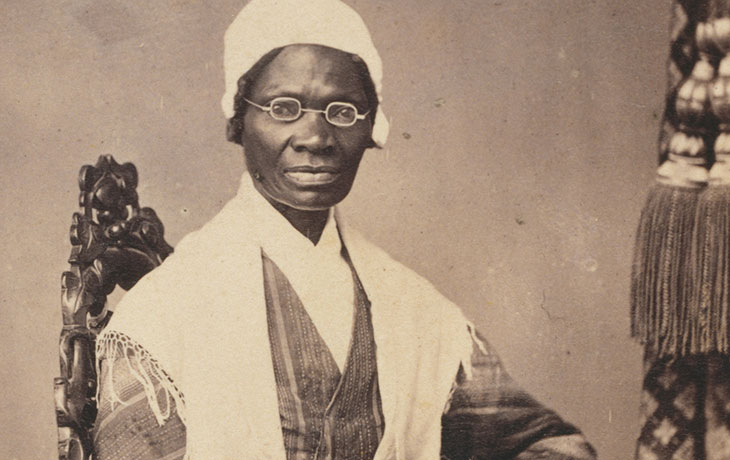
1797—Abolitionist and orator Sojourner Truth is born Isabella Baumfree in Ulster County, N.Y. She struggled for an end to slavery and for a woman’s right to vote. She became so well known that she even consulted with President Abraham Lincoln.
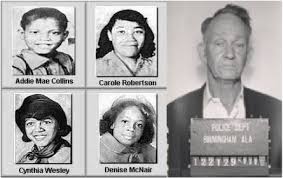
1977—White supremacist and terrorist Robert Edward Chambliss is convicted of first degree murder in connection with the 1963 bombing of Birmingham, Alabama’s 16th Street Baptist Church. The bombing killed four little Black girls, shocked the nation and helped mobilize the civil rights movement.
1993—Black majority rule comes to South Africa as Black and White leaders reach agreement on a democratic constitution that gave Blacks the right to vote and ended Apartheid—the system of laws and regulations which had maintained White minority rule.
-
NOVEMBER 19
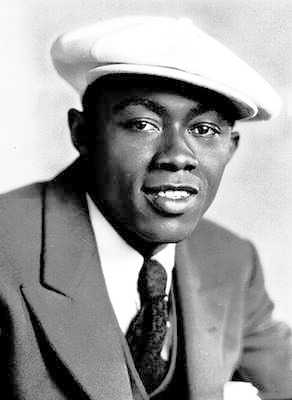
1985—Stepin Fetchit, the first major Black movie star, dies of pneumonia in Woodlawn Hills, Calif., at the age of 83. Fetchit (real name Lincoln Perry) was harshly criticized by most major Black organizations because he made his money playing a lazy, shiftless, easily frightened Black character during the 1940s and 1950s. However, the role, which appealed to many Whites and some Blacks, made him a millionaire.

